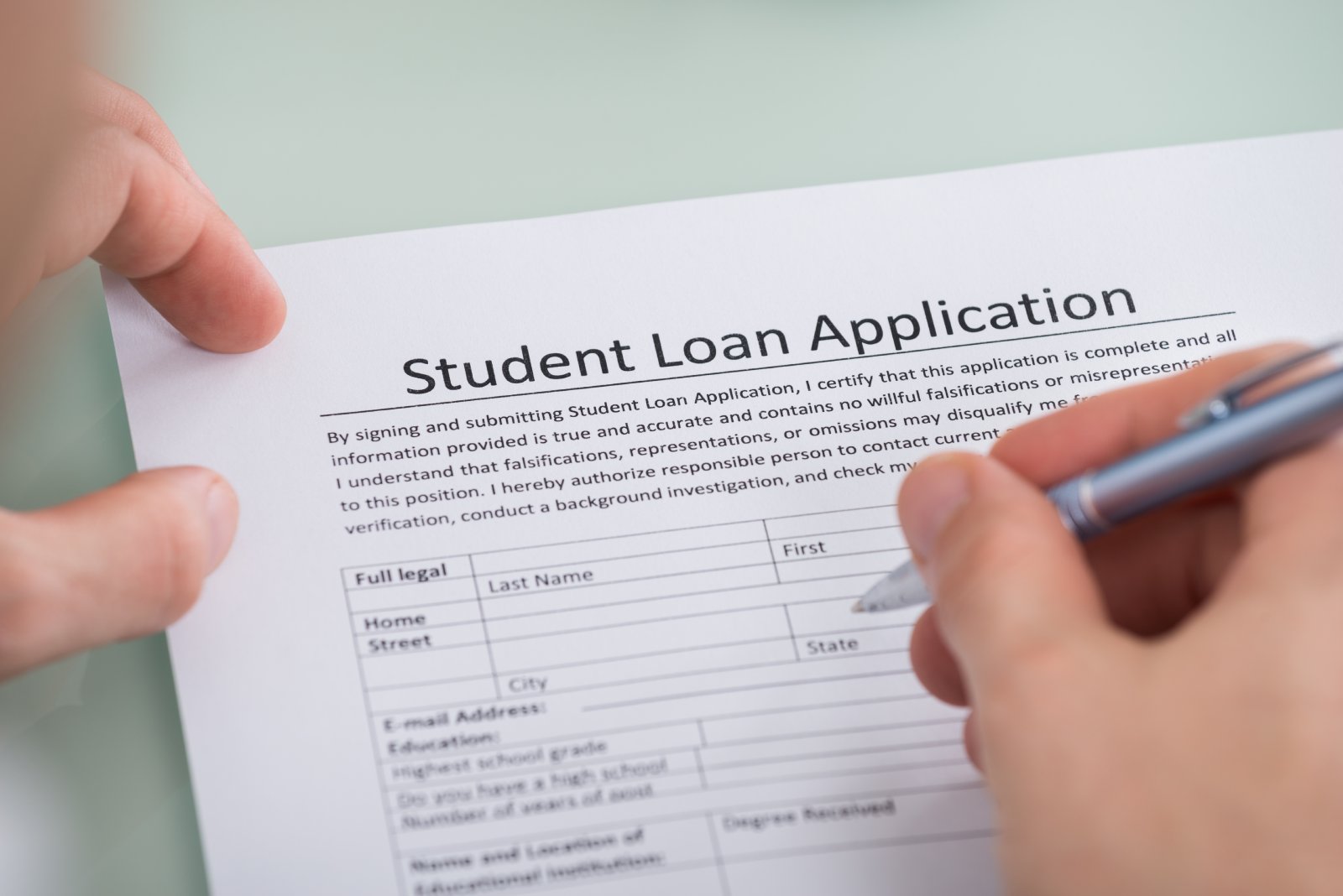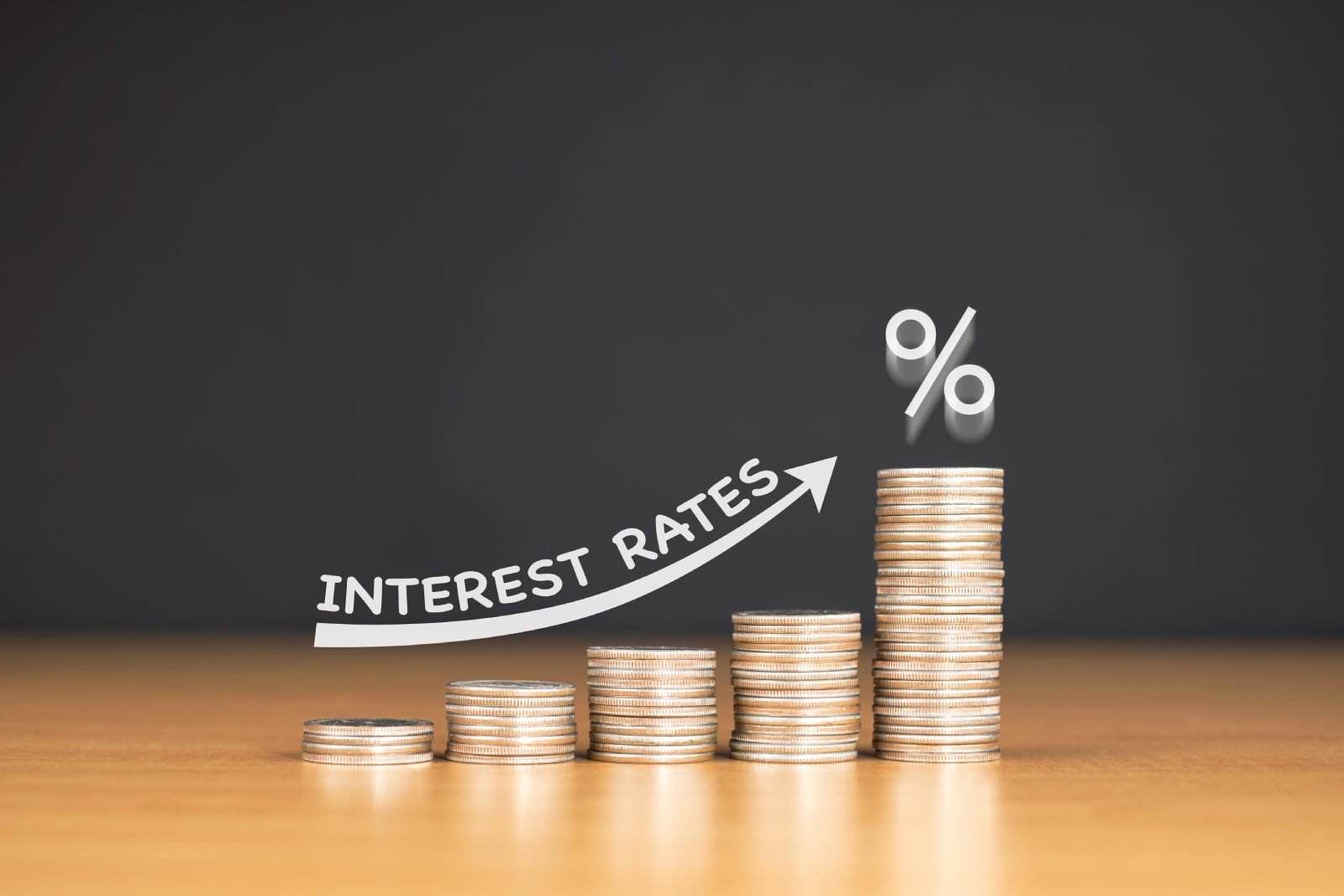Education is now becoming a financial hazard for students in the US. Financial aid is slowly becoming a necessity as students rack up debts from tuition and other expenses.
The American Debt Problem

Over 44 million Americans are now in debt because of college costs. They have primarily depended on grants and other financial aid forms to continue their education.
Financial Aid: A Dazzling Mirage

Students now resort to unregulated loans with ridiculous interests to solve their problems. This is due to an over 200% increase in tuition costs in the last 34 years.
Debt Has a Gender Bias

Statistics show that nearly two-thirds of the debt, which is roughly 66.66%, is held by women. This disparity is concerning as it highlights a problem with educational financing and those taking loans.
Minority Students = Higher Default Rates

Furthermore, there is evidence that colleges target minority students with promises of grandiose dreams to make them seek financial aid to get an education. The result is higher default rates and unending cycles of debt and inequality.
Is For-Profit Education a Trap?

It’s looking like colleges that seek profits are using loans to trap students. With the economic state of America, there are limited job prospects, further exacerbating the crisis.
Aid Still Doesn’t Cover The Basics

Regardless of the aid, emergency relief, and student-friendly packages, there is still a considerable gap that makes students unable to afford their basic educational expenses.
The Cause of High Tuition

Debt and high tuition are unrelated because a college’s reliance on debt financing correlates with the constant increase in tuition costs.
Milestones Are Getting Heavy

While most college students dream of starting a family, doing a master’s, working a good job, and buying a home, the consistent pressure of debt makes these milestones a heavy burden on their future.
The Trip to Financial Death – Debt!

There’s evidence that a fifth of borrowers in the federal database will face grave financial problems in the long run. This is because of the backlog of student loans, rising interest, and depletion of funding.
There Will Be Economic Ripples

However, the problem doesn’t end there. The US economy is heading towards a severe downturn because of the increase in debts (as a result of education). Everything from retail to real estate will soon feel the ripple effect.
College Degrees vs. The Job Market

These degrees no longer hold water in an experience-based job market. Furthermore, graduates burdened by debts often settle for underemployment, unable to fully use their expensive degrees.
What Policies Can Fix This Mess

The government has already initiated to facilitate scholarship aids, college loan forgiveness, and the potential of making public college accessible. However, even they are struggling to deal with the severe debt issue.
Repayment Plans Are a Lifeline

Furthermore, there are repayment plans that are helping reduce the pressure of debts. But there’s no long-term plan to sustain this. In the case of an accident, job loss, or loss of life, what’s next?
Accrued Interest Might Sneak Up on You

For some people, the issue is not the loan itself but the interest that accrues over time. These high interest rates constitute a nuisance in situations where people remain unemployed for years after college.
Financial Agreement / Complex Mechanisms

Most people are shocked by the interest that they don’t understand the financial agreements they’ve signed. The complications arise from ignorance about the actual fees, accrued interest, and charges on the loan.
Parent PLUS Loans: Another Hazard

Family support allows some people to bypass financial agreements and complex loan repayments. However, the 401k savings usually take the brunt of the impact, and this ends up jeopardizing retirement plans.
Debt Is the Biggest Motivator

College graduates no longer dream of public service jobs or passion-driven work. Instead, they focus on landing high-paying corporate jobs, dead shifts, and laborious occupations to serve what they owe.
Mental Health Problems in College

With or without financial aid, students are beginning to feel the mental pressure of their growing debt. College students are now dealing with more anxiety, depression, and psychological issues because of the stress.
Global Education Models

The US could look into educational models in other countries to help them reform college funding policies.
The Future of College Funding

AI and tech are taking over, so college might no longer be the plan after high school. There is a rise in online learning and tech skills acquisition. Companies are also hiring based on skill and certification rather than degrees. How will this affect the future of these overpriced colleges?
Millennials Are Over It: 25 Reasons Woke Culture Is Losing Its Charm

Has the push for progress tipped too far into preachiness? Here’s why many Millennials might think so. Millennials Are Over It: 25 Reasons Woke Culture Is Losing Its Charm
Is It Time Boomers Paid the Price for America’s Economic Inequality?

The American Dream feels more elusive than ever, especially for younger generations. What was once achievable through hard work now faces significant hurdles, from skyrocketing college costs to the challenging pursuit of homeownership. Here’s a look at why it’s tougher for Millennials and Gen Z compared to Baby Boomers. Is It Time Boomers Paid the Price for America’s Economic Inequality?
Rent Crash in California: Landlords Scramble as Prices Take a Hit

California’s rental market is taking a nosedive, with major cities seeing huge drops in rent prices. Rent Crash in California: Landlords Scramble as Prices Take a Hit
Featured Image Credit: Shutterstock / PeopleImages.com – Yuri A.
The content of this article is for informational purposes only and does not constitute or replace professional advice.
The images used are for illustrative purposes only and may not represent the actual people or places mentioned in the article.




